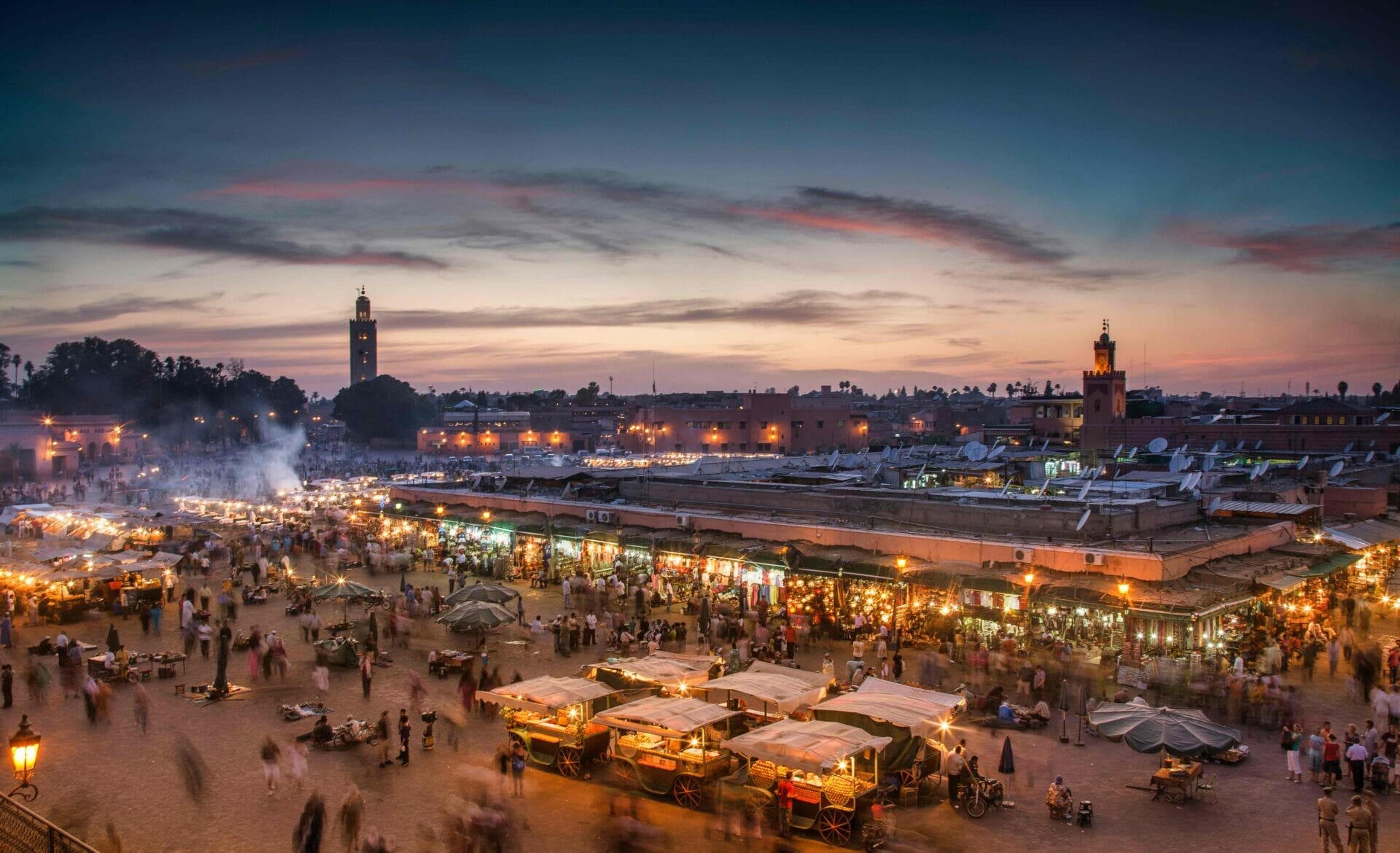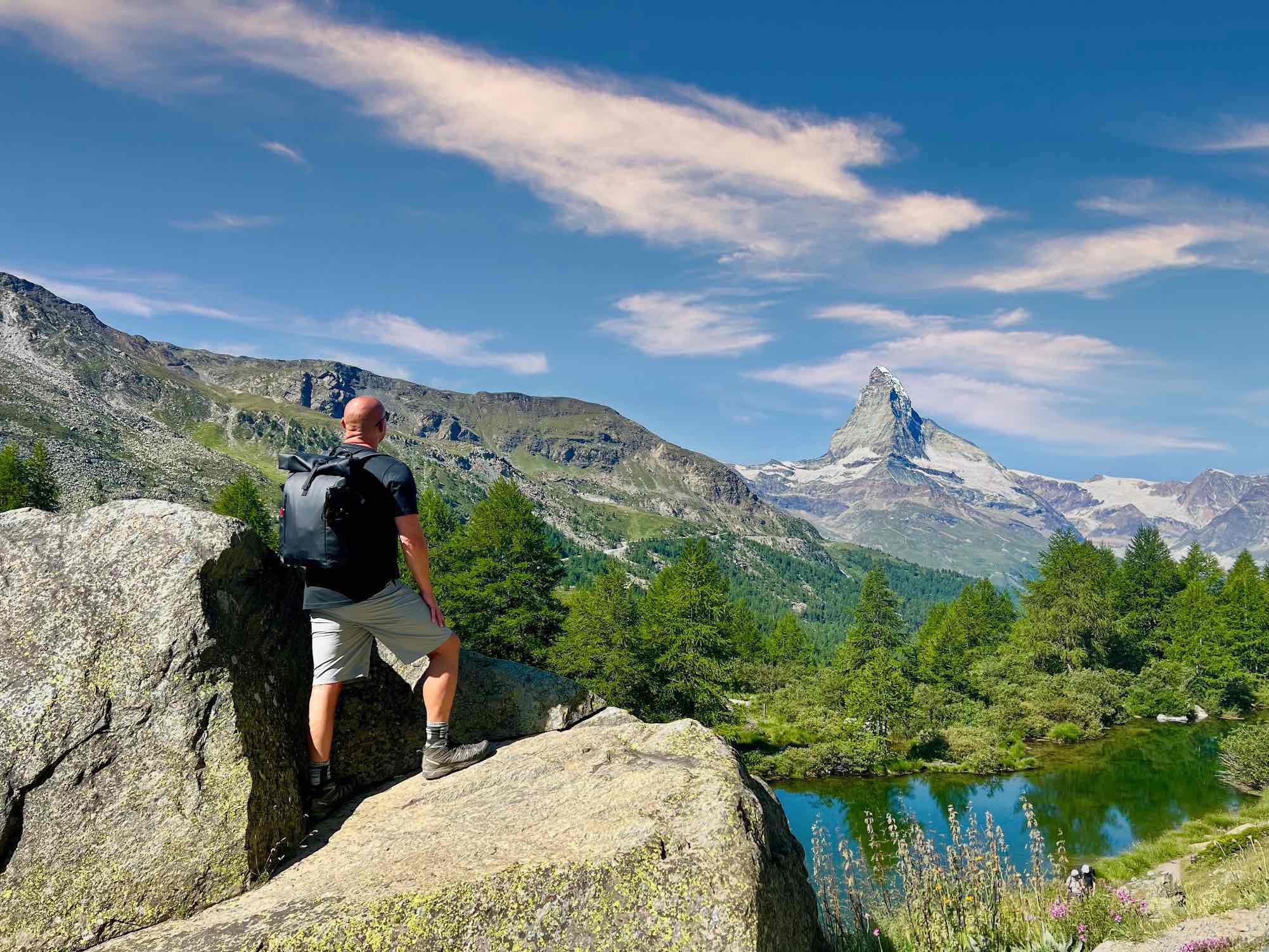Table of Contents
ToggleMorocco: Climate Guide
Introduction
Morocco, a land where the warm sun meets the cool breeze of the Atlantic, the silent deserts encounter bustling cities, and ancient traditions blend with modern lifestyles, is a destination that captivates the heart of every traveller. Deciding the best time to visit Morocco can significantly enhance your travel experience, making it essential to understand its diverse climate and cultural offerings. This comprehensive guide delves into the heart of Morocco’s climate, highlighting the optimal periods for travel, exploring seasonal variations, and uncovering hidden gems to make your journey unforgettable.
Be sure to take a look at our other guides to Africa and Morocco , such as The Most Breathtaking Natural Wonders in Africa. Enjoy.

Key Takeaways
Seasonal Variations are Crucial: The article emphasizes the importance of understanding Morocco’s distinct seasons when planning a trip. Each season offers unique experiences, from the vibrant festivals and warm beach weather in the high season (April to October) to the serene beauty and cooler temperatures of the low season (December to February).
Regional Climate Differences: Morocco’s diverse geography means that the climate varies significantly across different regions. The coast enjoys a Mediterranean climate, the Atlas Mountains are cooler and can offer snow activities in winter, while the Sahara Desert experiences extreme heat in the summer and cooler nights in the winter.
Cultural Events and Festivals: Timing your visit to coincide with cultural events and festivals, such as the Marrakech Popular Arts Festival in July or the Fes Festival of World Sacred Music in June, can greatly enhance the cultural experience of your trip to Morocco.
Budget-Friendly Travel Options: Traveling during the off-peak season (December to February) can be more budget-friendly, offering the advantage of lower prices on accommodation and flights, as well as a less crowded experience of Morocco’s attractions.
Best Time for Specific Activities: The article provides detailed guidance on the best times for various activities – like visiting the Sahara Desert during the shoulder season (November to March) for more comfortable temperatures, or skiing in the Atlas Mountains from December to February. This targeted advice helps travelers to plan their activities based on the optimal season.
Tourist Seasons: The Travel Seasons in Morocco
Morocco’s climate, marked by distinct seasonal changes, plays a pivotal role in shaping the travel experience. Understanding these variations is key to planning your visit.
The High Season (April to October): This period sees a surge in tourism, with warm weather gracing the beaches and vibrant festivals filling the streets. Coastal areas like Agadir and Essaouira are perfect for beach enthusiasts, while Marrakech and Fes offer a blend of cultural festivities and historical exploration.
The Shoulder Season (November to March): A time of mild temperatures and fewer tourists, the shoulder season is ideal for those seeking a more relaxed experience. It’s a fantastic time to explore the Sahara Desert, as the cooler temperatures make for a comfortable journey.
The Low Season (December to February): Characterised by cooler weather and occasional rain, this season offers a unique charm. The snow-capped Atlas Mountains beckon adventurers, while the less crowded medinas offer a more authentic experience.
Seasons in Morocco: When to Visit Morocco for the Best Weather?

Spring (March to May): With blooming landscapes and pleasant temperatures, spring is perfect for outdoor activities and cultural festivals. Cities like Chefchaouen and Taroudant are particularly beautiful during this time.
Summer (June to August): Hot and sunny, summer is ideal for beach holidays and exploring coastal cities. However, it’s advisable to avoid the desert regions due to extreme heat.
Autumn (September to November): A time of mild temperatures and fewer tourists, autumn is great for hiking in the Atlas Mountains and exploring the imperial cities without the crowds.
Winter (December to February): Cool and sometimes rainy, winter is ideal for those interested in skiing in the Atlas Mountains or enjoying the quieter side of Morocco’s cities.
Related article: Africa Travel Guides
Recommended Tours in Morocco
The Best Month to Visit Morocco
April: The blend of comfortable temperatures, fewer crowds, and the celebration of local festivals like the Berber Marriage Festival in Imilchil make April an excellent choice.
The Best Days to Visit Morocco
Weekdays: When you’re planning a jaunt to Morocco, considering the day of the week can make a world of difference. Visiting on weekdays – that’s Monday through Friday for us Brits – is a clever strategy to sidestep the weekend bustle. You see, weekends, especially in buzzing urban centres like Marrakech and Casablanca, can get quite hectic with both locals and tourists milling about.
On a weekday, you’ll find a more relaxed atmosphere, making it easier to wander through the souks and medinas without the crush of the crowd. This time also allows for a more authentic interaction with the locals, as shopkeepers and guides are less likely to be swamped and more inclined to indulge in a friendly chat. Plus, if you’re after those Insta-worthy snaps without a horde of tourists in the background, a weekday visit is your best bet.
Related article: Morocoo Travel Guides
When is the Best Time to Visit Morocco for Events

Ramadan and Eid: If you’re keen on immersing yourself in the local culture, visiting during Ramadan and Eid is a brilliant idea. Ramadan, the Islamic month of fasting, culminates in the celebration of Eid al-Fitr, a time of feasting and joy. This period offers a unique cultural insight, showcasing Morocco’s rich traditions and hospitality.
However, it’s worth noting that during Ramadan, the daily rhythm of life changes significantly. Many restaurants and shops may alter their opening hours, and the pace of life slows down during the daytime. As night falls, the atmosphere transforms with Iftar (the breaking of the fast) as families gather for a meal, and the streets come alive with festivities.
Being mindful of local customs, such as dressing modestly and refraining from eating and drinking in public during the fasting hours, is key to a respectful and enriching experience. Eid, with its festive air, sweets, and special events, is a joyous time to be in the country.
When is the Best Time to Visit Morocco on a Budget?
Off-Peak Season: If you’re watching the pennies, planning your Moroccan adventure during the low season, from December to February, is a shrewd choice. This period is known for its cooler weather, but it also means fewer tourists and, consequently, more competitive prices for accommodation and flights.
This budget-friendly window allows for a more leisurely exploration of Morocco’s charm without the strain on your wallet. Hotels and tours often offer reduced rates, and you might find some bargain deals on unique experiences. What’s more, the cooler weather can be quite pleasant for exploring the cities and landscapes without the intense heat of the summer months.
The Best Time to Visit Morocco to Avoid the Crowds
Shoulder Season: For those who prefer a more peaceful travel experience, the shoulder season in Morocco, spanning November to March, is ideal. This period straddles the thin line between the mild winter and the bustling high season, offering a perfect balance of pleasant weather and fewer tourists.
During these months, you can enjoy the majestic beauty of places like the Sahara Desert or the Atlas Mountains without the throngs of visitors. This is the time when you can leisurely explore the historic medinas, enjoy tranquil sunsets, and have more meaningful interactions with the locals. The shoulder season also brings with it the opportunity to participate in local festivals and events, which are less crowded but equally vibrant.
Recommended tours in Morocco
Frequently Asked Questions (FAQs)
During the high season (April to October), Morocco enjoys warm to hot temperatures, ideal for beach holidays and exploring the cities. Coastal areas are cooler, while inland can get quite hot, especially in July and August.
Yes, Morocco hosts several cultural festivals throughout the year, like the Marrakech Popular Arts Festival in July and the Fes Festival of World Sacred Music in June. Planning your visit around these events can enhance your cultural experience.
Morocco’s climate varies significantly across regions. The coast enjoys a Mediterranean climate, the Atlas Mountains have cooler temperatures and snow in winter, while the Sahara Desert experiences extreme heat in summer and cooler nights in winter.
Visiting the Sahara Desert in summer (June to August) is generally not recommended due to the extreme heat. The best time to visit the desert is during the shoulder season (November to March).
Yes, Morocco offers skiing opportunities in the Atlas Mountains, primarily at Oukaimeden. The best time for skiing is from December to February, when the mountains are usually snow-covered.
Final Thoughts
Morocco, with its vibrant culture, diverse landscapes, and rich history, offers a myriad of experiences for every type of traveller. Choosing the best time to visit Morocco largely depends on your interests, whether it’s soaking in the sun on the Atlantic coast, exploring ancient medinas, hiking in the Atlas Mountains, or experiencing cultural festivals. By considering the climate variations and planning your trip accordingly, you can ensure an enriching and unforgettable journey to this magical land. 🇲🇦
Add us to your socials!
Thank you for reading!
Related articles: Visit the Pyramids of Giza
Recommended websites: Visit Morocco

Nick Harvey
Save this post (pin it)
Share this post
More Articles
Note: This post contains affiliate links. When you make a purchase using one of these affiliate links, we get paid a small commission at no extra cost to you.

